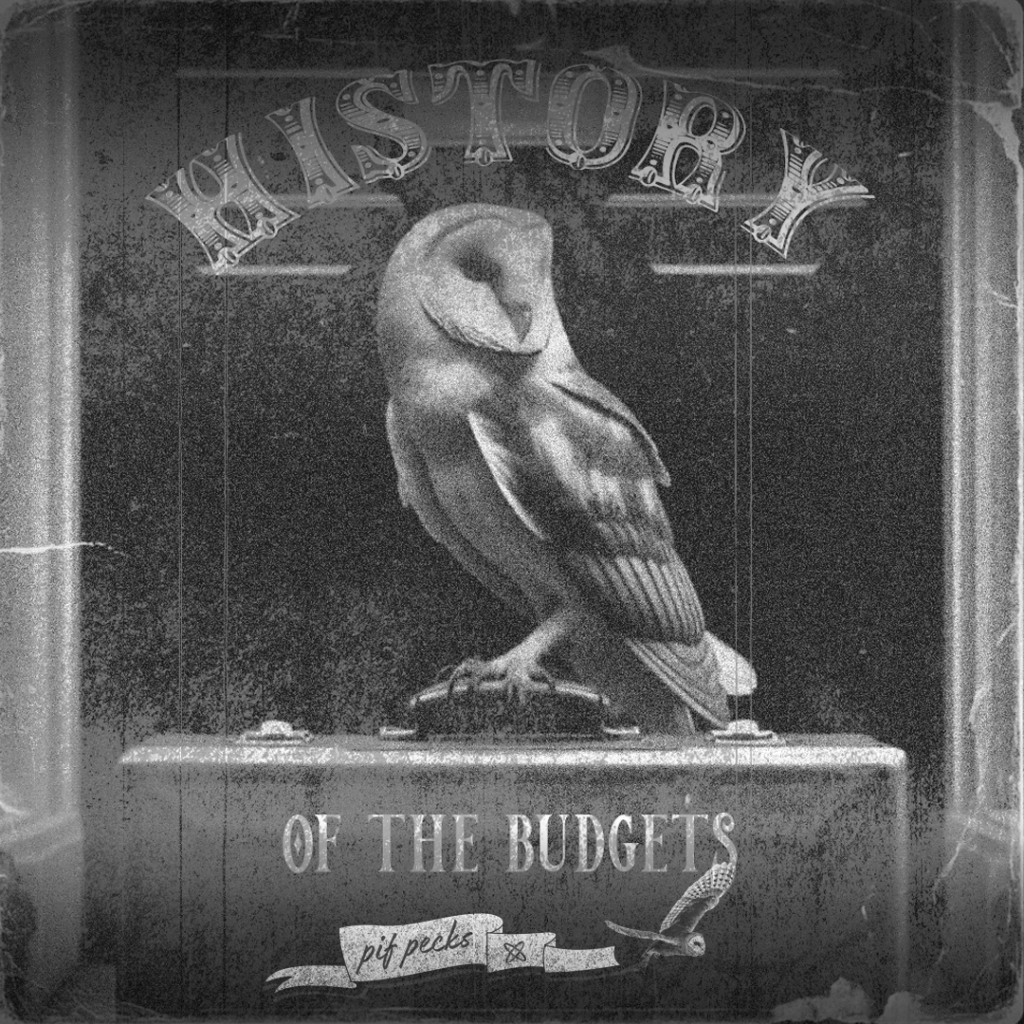History of The Budgets

The history of UK government budgets stretches back centuries, reflecting the changing economic and political realities of the nation. Today we will talk through some key points which have taken place over the years.
The early years:
- In July of 1694 the Bank of England was founded, marking the beginning of more formalised budgeting practices. There are many modern banks that have been based on this historic bank (one of the oldest in the world).
- During the 18th Century, Budgets became annual events, focusing on taxation and spending proposals. Although taxes looked a lot different to modern taxes. For example, Direct tax tended to only be paid by the prosperous who owned property or land – the amount was based in accordance with the size of their property.
- Social reforms and industrialization in the 19th Century led to increased government spending and changes in taxation. Citizens who once lived in rural areas moved into bigger towns for work, creating cites as their numbers grew.
20th Century:
1970s: Economic challenges resulted in rising inflation and budget deficits. Energy prices and food prices soared as inflation grew. Workers screamed out for pay rises whilst unemployment numbers grew due to manufacturers closing.
1980s: Thatcherism emphasises fiscal responsibility and privatization, impacting budgets.
21st Century:
1990s: Global recession and deficit concerns prompt fiscal consolidation.
2000s: Government increased spending on public services, leading to higher deficits.
2008: Financial Crisis: Global crisis leads to significant borrowing and austerity measures.
2010: Coalition government prioritizes deficit reduction and spending cuts.
2017: The UK traditionally had an annual budget in March, a second “Autumn Budget” was introduced in 2017. This change was intended to:
- Provide greater fiscal clarity and flexibility: Responding to economic changes and unforeseen events.
- Increase Parliamentary scrutiny: Offering two opportunities for budget debate and approval.
- Support long-term planning: Allowing for multi-year spending commitments.
However, the frequency of two budgets has faced criticism for creating uncertainty and administrative burden.
2020: COVID-19 pandemic prompts unprecedented borrowing and economic support measures.
The UK’s evolving budgetary landscape, with its twice-yearly pronouncements, can leave businesses feeling like they’re on unsteady ground. But fear not, Invoice finance can be your anchor, providing the cash flow stability you need to navigate these uncertain waters.
Think of it this way: those outstanding invoices represent tied-up potential. Invoice finance unlocks that potential, granting you immediate access to working capital. This isn’t just a temporary fix; it’s a strategic tool that empowers you to:
Bridge the Payment Gap: Say goodbye to the stress of waiting on slow-paying customers. Invoice finance gets you the cash you need now, keeping your operations humming smoothly.
Fuel Growth: Spot a golden opportunity but cash flow holding you back? Invoice finance lets you seize the moment and invest in growth without hesitation.
Weather the Storm: Unexpected changes, be it budgetary or economic, won’t throw you off course. Invoice finance gives you the flexibility to adapt and weather any storm.
At Partnership Invoice Finance, we understand the unique challenges UK businesses face. Together our team has a combined 100 years of experience within our field, we’re not just invoice financiers; we’re your cash flow partners. We tailor our solutions to your specific needs, providing expert guidance and transparent terms.
Don’t let budget uncertainty dictate your success. Contact us today for your alternative funding solution.
Additional Resources:
Institute for Fiscal Studies: https://ifs.org.uk/
UK Public Spending: https://www.ons.gov.uk/economy/governmentpublicsectorandtaxes/publicspending
House of Commons Library – The budget deficit: a short guide: https://commonslibrary.parliament.uk/research-briefings/sn06167/

